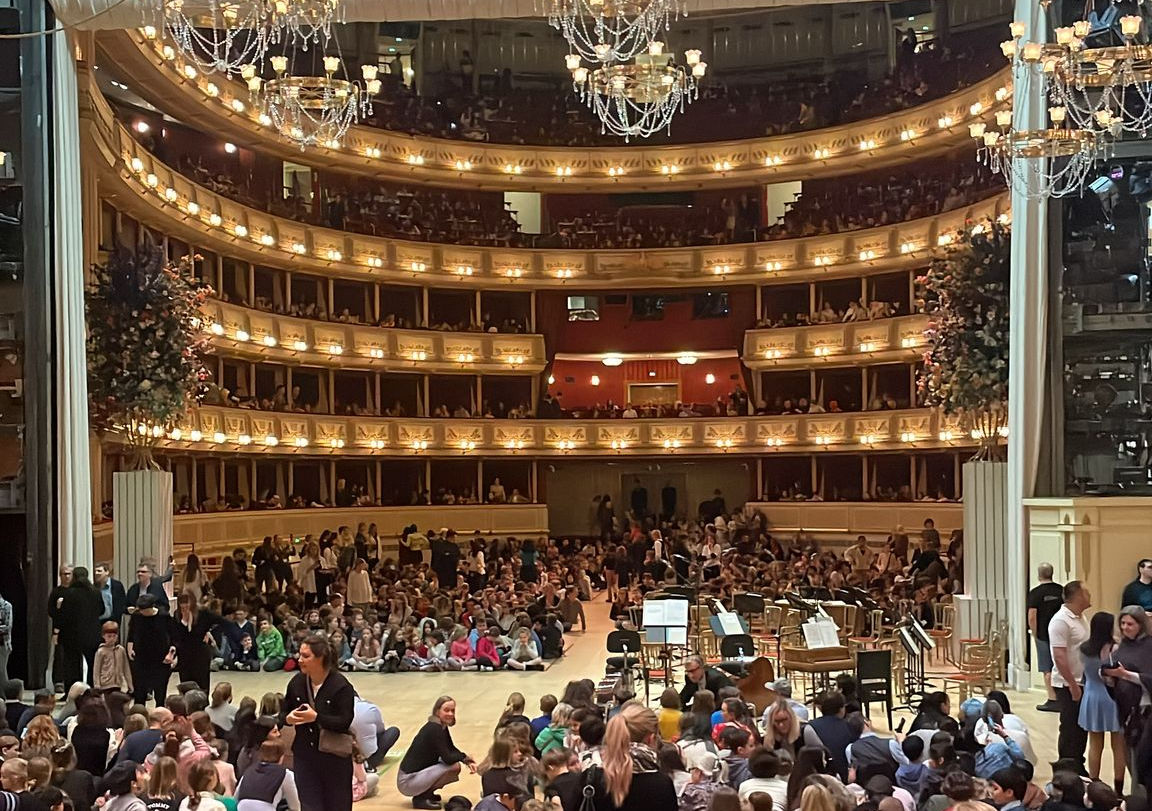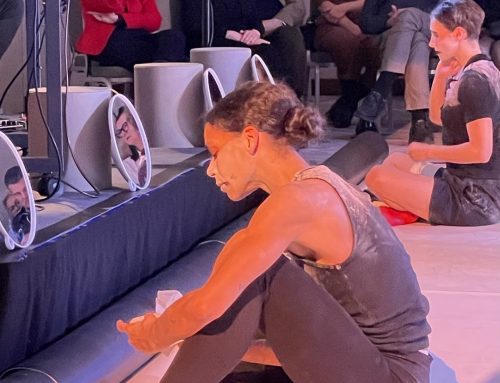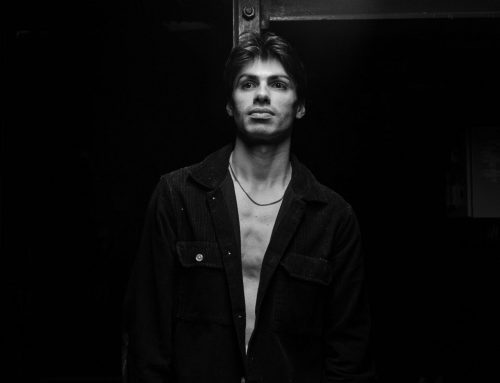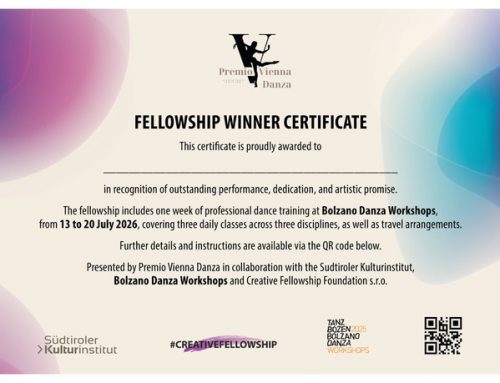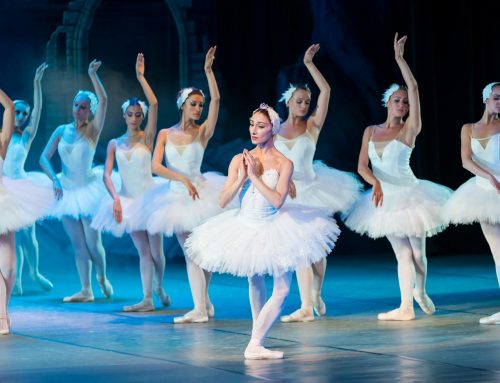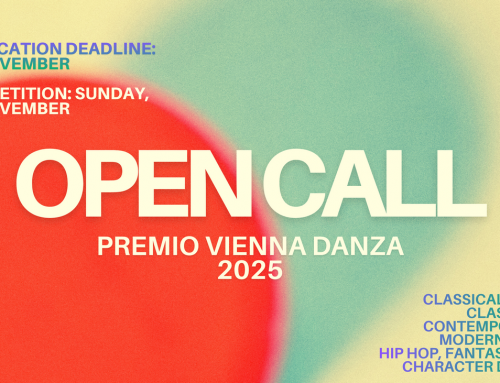Vienna, February 28, 2025 – If opera is a dying art form, someone forgot to tell the 3,500 seven-year-olds who packed the Vienna State Opera today. As the first notes of The Magic Flute filled the historic venue, the excitement in the air was anything but lifeless. Giggles, gasps, and spontaneous applause turned the grand hall—often associated with reserved audiences and elite traditions—into a playground of pure musical wonder.
Every year, in the afternoon after the glamorous Opera Ball, the Vienna State Opera opens its doors not to dignitaries and debutantes, but to children experiencing opera for the very first time. The annual Magic Flute performance is a high-energy, interactive adaptation of Mozart’s classic, designed to capture young imaginations.
And it worked.
From the moment Stefan Astakhov’s Papageno stumbled onto the stage, covered in feathers, the audience was hooked. The spectacle of Ilia Staple’s Queen of the Night reaching impossibly high notes left children visibly awestruck. The Vienna Philharmonic Orchestra, led by Cornelius Meister, wasn’t just playing to young ears; they were shaping a new generation of opera lovers.
But nothing—not the dazzling sets, the dramatic duets, or even the Queen’s jaw-dropping aria—got quite the reaction as Papagena’s kiss. The moment Ileana Tonca’s Papagena finally embraced Papageno, the opera house erupted in the loudest cheers of the performance. For the young audience, this was the fairy-tale ending they had been waiting for.
Adding to the magic was the setting itself. Just hours before, the opera house had been the grand stage of the Vienna Opera Ball, filled with swirling gowns and glittering chandeliers. Now, the space had been transformed—the stage became the audience area, and the children were seated directly on the ballroom’s dance floor, the very spot where elegant couples had waltzed the night away. The ornate decorations remained in place, making the young spectators feel as if they had stepped into a royal fairy tale.
For many of these children, it was their first experience with live classical music. Yet instead of sitting stiffly in their seats, they responded instinctively—laughing, whispering to their friends, and cheering at all the right moments. In an era where entertainment is instant, digital, and fleeting, Mozart’s music held their attention for a full hour.
This begs the question: Is opera dying?
Not here. Not when thousands of young voices leave the theater humming Queen of the Night’s melody. Not when a child tugs at their teacher’s sleeve and asks, “Can we come again next year?”
Opera may be evolving. It may be reaching audiences in new ways. But if today’s performance was any indication, it’s not dying—it’s being reborn, one enchanted child at a time.

